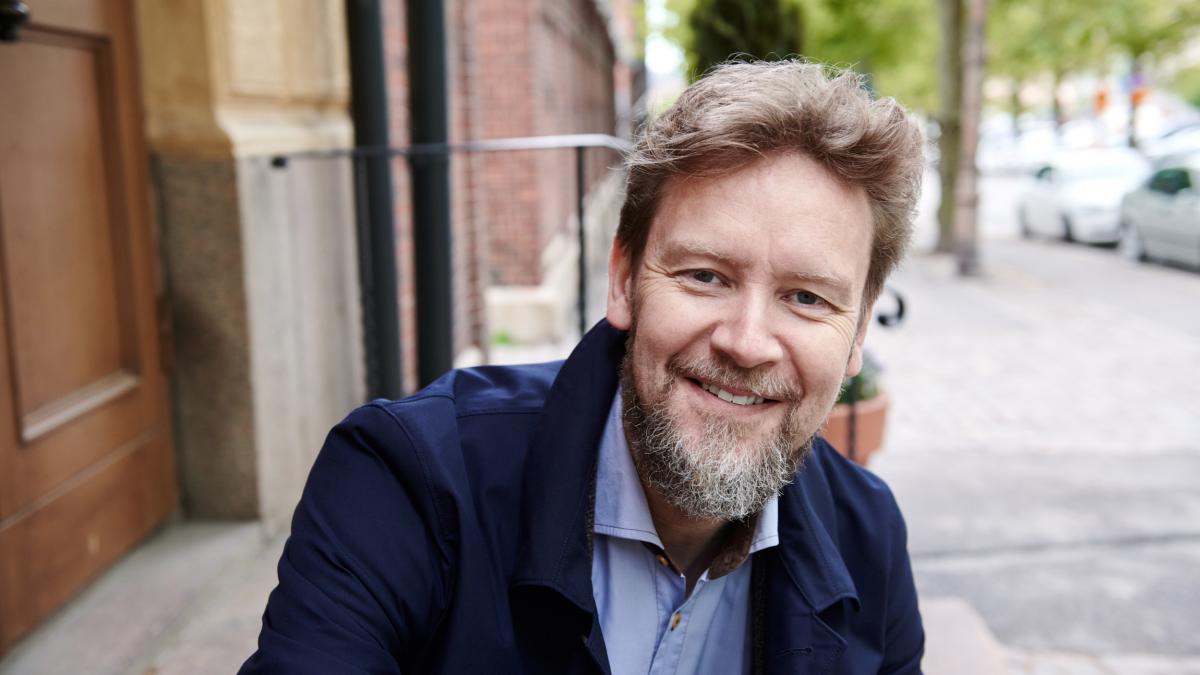We need to reassess the goals of the welfare society
We need to build a society that offers people experiences of meaningfulness, Rector of Uniarts Helsinki Kaarlo Hildén writes in his opinion piece.

Finland has been the happiest country in the world for five years in a row. We are used to doing well in wellbeing comparisons when systemic factors, such as life expectancy, standard of living or literacy, are used as indicators. However, based on mental health statistics, the happiest people in the world have a different experience. Mental health problems are the main cause of taking sick days. People’s illbeing costs our welfare society EUR 11 billion every year.
It is easy to point the finger at recent crises that affect our carrying capacity as humans in many ways. However, the Finnish minds had already started to feel ill earlier.
Why are we not feeling well even though we are better than ever according to indicators? The welfare state we have so carefully built may still have failed to meet our fundamental needs: we are suffering from a lack of meaningfulness. In search of the ideal of a welfare society, we may have misunderstood what the humane good ultimately is. We have not been able to look at a person as a whole, as a feeling and dreaming being that is experientially attached to the world.
Art could play a key role in our search for a new welfare society. This is because art views people in a comprehensive manner and is therefore able to offer a perspective on what our vision for the future could be like. Art also helps us question conventional ways of thinking. Finns need to shake up their belief in development that aims for materialistic growth as the foundation of their wellbeing. We must create and evaluate innovations more comprehensively based on how they can actually benefit good life within our planetary boundaries. We must shift our materialistic development and growth targets to targets that aim at human and civilisational growth – to things that produce meaningfulness and vitality.
In addition to a shortage of experts, we also suffer from a lack of renewal capacity. What makes people motivated about renewal and change? We must internalise a new idea in an experiential manner to turn it into action. To support this change, we need something that creates a need for self-reflection and a belief in the possibility of change.
Art can be part of this change by offering transformative, meaningful experiences to people. Every artist should consider what kind of impact their art may have. At its best, art can be used to engage in non-verbal, critical discussion with one’s personal values and world view, alone and communally. This dialogue helps us see the world from new perspectives.
When art is part of our society, we can create a new understanding of what kind of life and future we want to strive for based on our shared experience. This power is not always considered a part of political decision-making and change. Every decision-maker should be encouraged to understand the key role of vibrant art and culture in the renewal of society.
Kaarlo Hildén
Rector of Uniarts Helsinki
The text was originally published as an opinion piece in Hufvudstadsbladet.